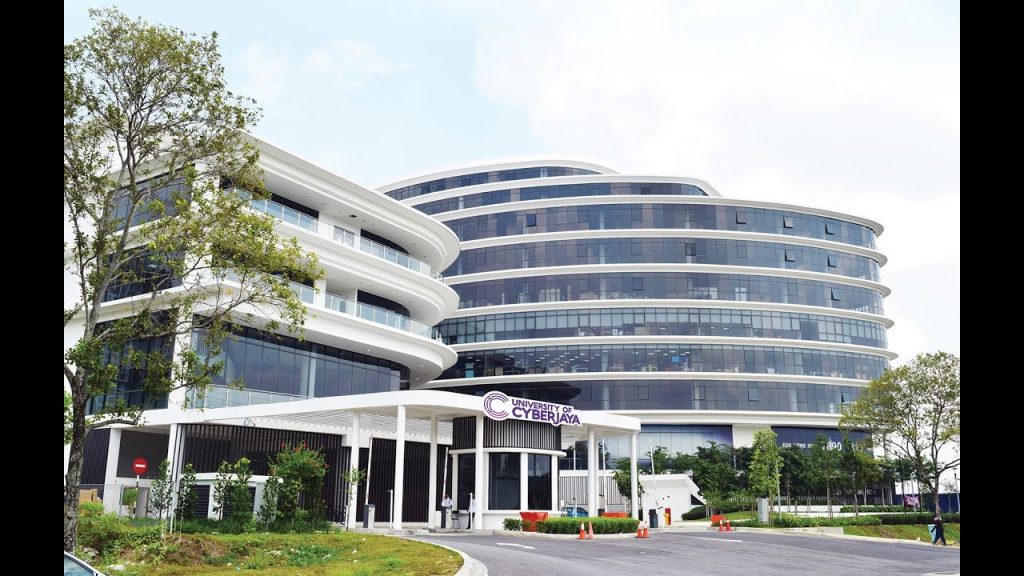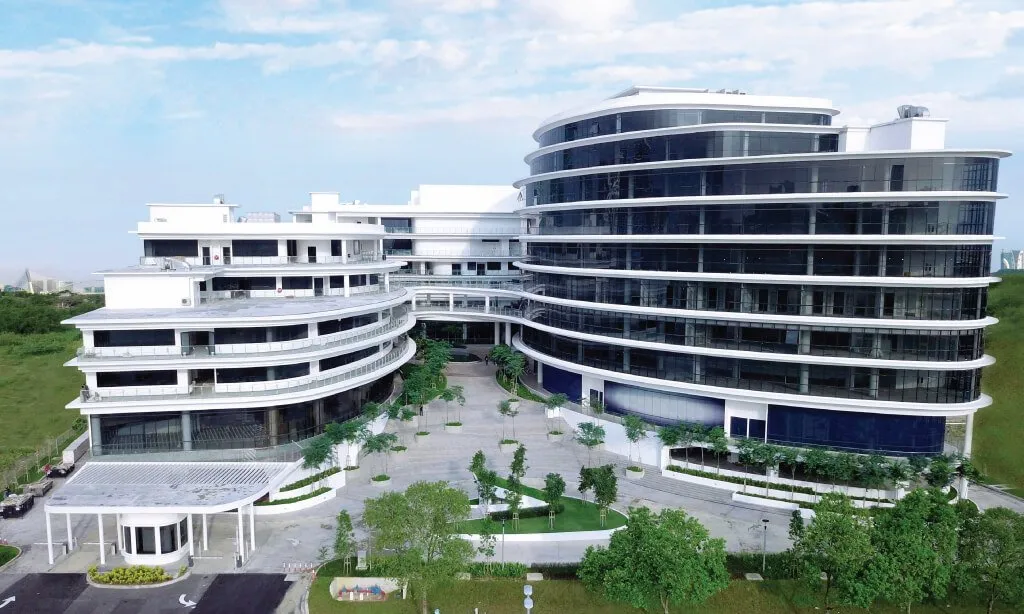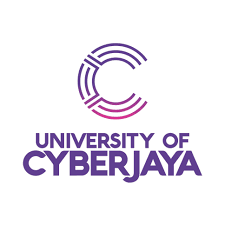Overview
Is Mass Communication for You?
Our Bachelor in Mass Communication programme welcomes students into the dynamic world of journalism, public relations, broadcasting, digital media, and related fields. Through a blend of theoretical knowledge and practical skills, students will explore key areas such as media ethics, communication theory, writing for different media platforms, and the impact of emerging technologies on global communications. Courses are designed to foster critical thinking, media literacy, and effective storytelling techniques, equipping graduates with the tools necessary to navigate the evolving media landscape.
Students will gain hands-on experience through internships, media projects, and access to state-of-the-art studios, ensuring they are well-prepared to work in real-world media environments. The programme also encourages interdisciplinary learning, offering opportunities to specialize in areas like digital journalism, corporate communication, advertising, or film studies. Graduates of the programme are poised to become innovative media professionals, capable of shaping public discourse and contributing to the future of mass communication.
Career Impact
Career Prospect
A Bachelor in Mass Communication (Honours) is a step towards a career in:
- Advertising
- Journalism
- Public relations
- Content creation
- Event management
- Corporate Communications
- Digital Media
Career Organisation
Your skills will be in demand at:
- News Agencies
- TV and Radio Stations
- Marketing and Public Relations Agencies / Departments
- Multimedia Production Houses
- Event Management Companies
- Digital and Social Media Firms
- Hospitality and Services
Course Structure
Course Description
Bachelor in Mass Communication (Honours) is a comprehensive programme tailored to prepare graduates for roles as journalists, content creators, marketing managers, copywriters, brand managers, corporate communication specialists, or public relations experts. This degree equips graduates with specialised knowledge and practical experience in the field of mass communication, focusing on content creation, public relations development and marketing strategies, and fostering a positive relationship between brands, and consumers.
Year 1
- Introduction to Mass Communication
- Academic Writing
- Visual Communication
- Business Communication
- Introduction to Marketing Communication
- Introduction to Journalism
- Introduction to Public Relations
- Introduction to Film
- Consumer Behaviour
- Digital Photography
- Introduction to Journalism
- Human Communication
Year 2
- Media, Culture and Society
- Social Research Methods
- Communication Law and Ethics
- Writing for Mass Media
- Corporate Communication
- Communication Theories
- Intercultural Communication
- Creative Copywriting
- Advertising Campaign
- Public Relation Campaign and Strategies
Year 3
- Broadcast and New Media
- Performing for Media
- Media Planning and Buying
- Advertising Design
- Documentary Production Techniques
- Video Production Techniques
- Research Project
- Industrial Training/Practicum
The Experience
Who is teaching?
The panel educators are experienced professionals and experts in the field of mass communication who provide guidance, assessment, and supervision to students pursuing a Bachelor’s degree in Mass Communication. These panel educators are typically appointed from established educational institutions or relevant organizations within the field of mass communications.
On Campus Learning
Off Campus Learning
Solve World Challenges
The mass communication industry disseminates essential information that raises awareness on issues like public health, social issues, and political developments through various media platforms. Accurate and timely reporting helps communities make informed decisions, from voting in elections to responding to crises like natural disasters or pandemics.
Mass communication also facilitates dialogue and fosters understanding across different groups. It bridges gaps by providing a platform for diverse voices and perspectives, helping to address social problems such as inequality, discrimination, and injustice. By highlighting these issues through investigative journalism, documentaries, and public debates, media can spark discussions that lead to policy changes and social reform.
Entry Requirement
Qualification
Requirement
UoC Foundation or its equivalent, with a minimum CGPA of 2.00 and credit in English at SPM or its equivalent.
A pass in STPM or its equivalent, with a minimum of Grade C (GPA 2.00) in any two subjects and a credit in English at SPM or its equivalent.
A pass in STAM with a minimum grade of Jayyid and a credit in English at SPM or its equivalent.
A Diploma or its equivalent, with a minimum CGPA of 2.00 and a credit in English at SPM or its equivalent or a Diploma in Media and Communication or its equivalent.
TOEFL score of 500 OR IELTS score of 5.0 or its equivalent.














